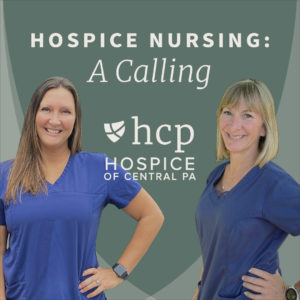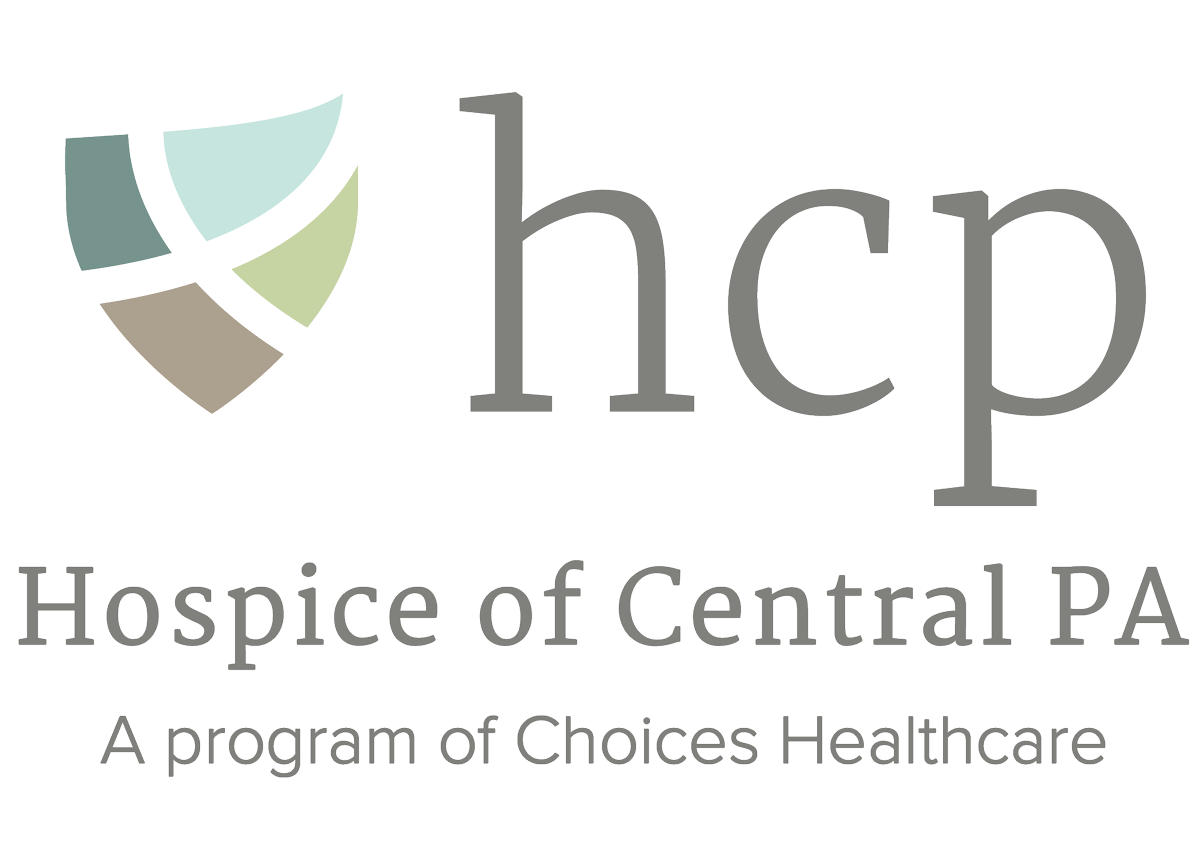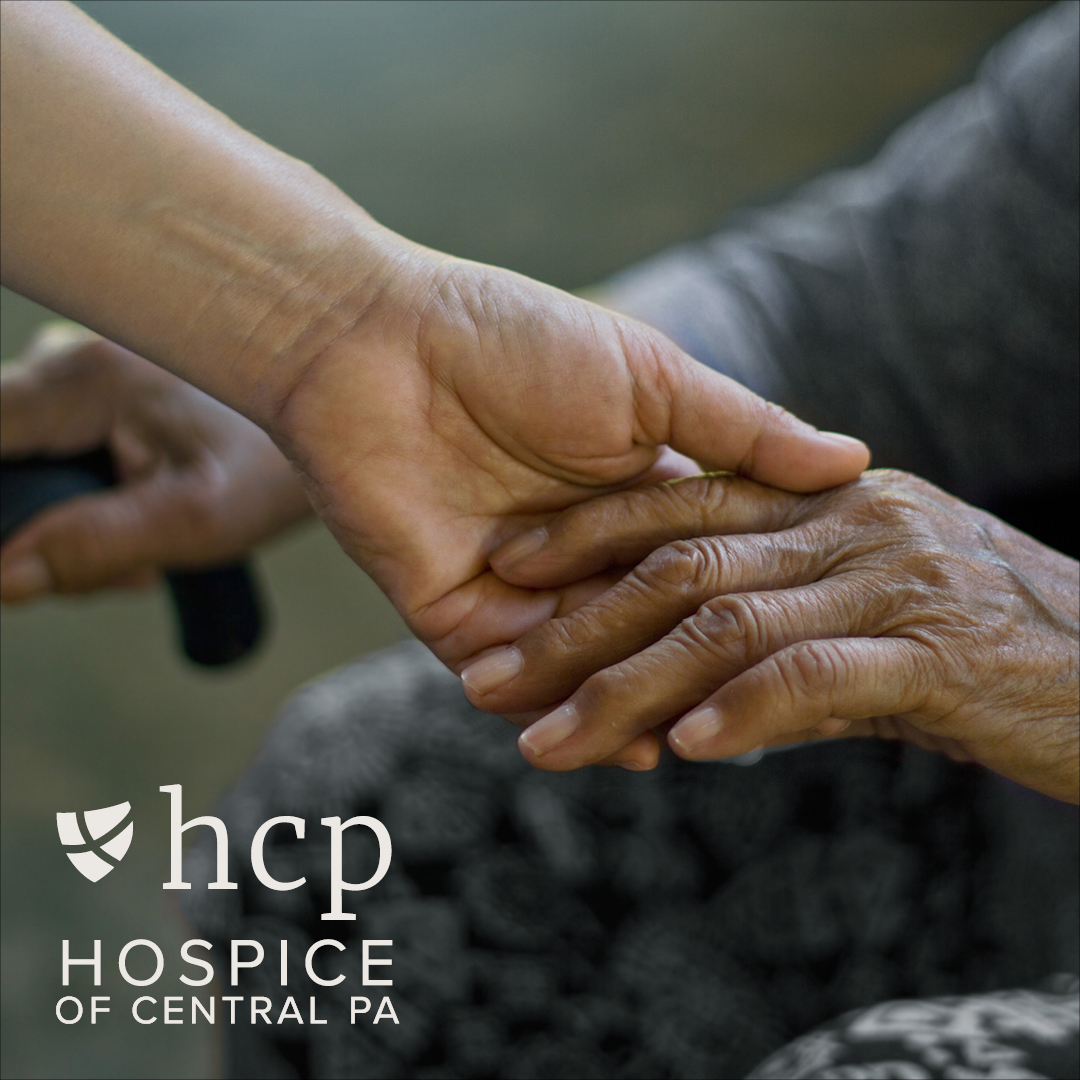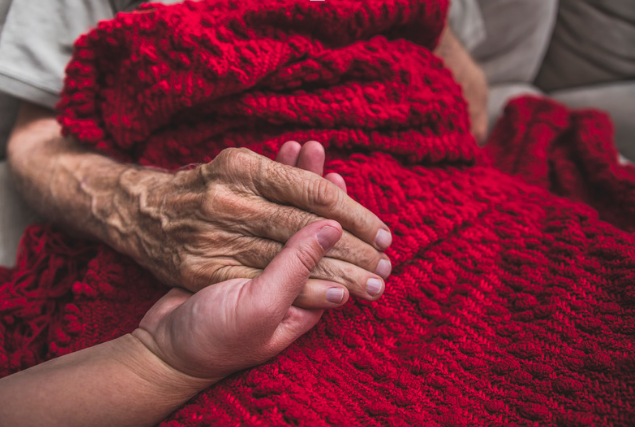
Becky Jo Hopkins wasn’t always a hospice nurse, but when her brother was diagnosed with leukemia 22 years ago she found hospice nursing as a career path. During that difficult time, she was inspired by a hospice nurse who cared for her brother and supported Becky Jo and their family.
“After he passed, I knew I wanted to go to nursing school because if I could just do for one day what that nurse did for me and my brother, I knew it would be a worthy calling,” says Becky Jo.
Even after completing nursing school, Becky Jo didn’t start out as a hospice nurse. She wanted to gain experience in different clinical settings, so she worked as a hospital nurse and then in a private practice. All the while, keeping her calling in mind, she eventually found her way to Hospice of Central PA (HCP).
“HCP is the only hospice I’ve worked for and I love the relationships I get to build,” says Becky Jo. “I chose to work at HCP, not only because they are the first hospice in the area with the most experience, but because I heard good feedback about them in the community.”
Melissa “Missy” Kosheba also works for HCP as a Case Manager. Her nursing career took a bit of a different path than Becky Jo’s, but ultimately landed her at HCP.
“Before HCP, I worked in a long-term care facility for 17 years before working as a medical surgical ICU nurse at Harrisburg Hospital,” says Missy. “In all my years, I never felt so appreciated and valued than when working for HCP.”
It’s evident that no day is the same working as a hospice nurse. But, one thing that is definite is the satisfaction that comes with caring for patients and their families.
“It’s a good feeling to know you were there for them – it’s good to know they appreciate you,” says Missy. “It’s hard not to be motivated to get up every morning to do my job.”
As case managers at Hospice of Central PA, Missy and Becky Jo make sure their patients have all of the medical equipment and medications they need. They update the plan of care after assessing the patient and collaborating with HCP’s physicians and other disciplines to address each patient’s physical, psycho-social and spiritual care needs. Coordinating care means communicating with other nurses, doctors, social workers, chaplains, and home health aides on behalf of the patient.
“Lots of conversation is needed to put patients and families at ease,” says Missy. “The bulk of my first few visits are educating the patient and family on the disease process, helping them understand symptoms and preparing them for what could happen next.”
Patients are not the only ones who need support – their families do too. Missy and Becky Jo work with HCP social workers and chaplains to make sure family members have the proper support and resources.
“I help make families feel more comfortable caring for their loved ones by getting them in touch with different resources and the educational information they need,” says Missy. “My job is being there and helping them through the difficult times.”
Every work experience is unique and working at HCP is no exception. Becky Jo and Missy agree – the support from their colleagues and the leadership team is abundant. Continuing education is valued and encouraged by offering reimbursement for discipline specific hospice certification.
“At HCP, our voices are heard. They have put forth a strong effort to help us, and it doesn’t go unnoticed,” says Missy. “We work together and our team leaders help us ease workloads; from aides to admins, everyone helps each other out.”
Becky says, “You have flexibility in creating your schedule. I like the autonomy I have at HCP and yet there is still a team approach – you never feel like you’re just flying out there without support. I always feel like my team supports me and my boss values my work-life balance.”
The good work being done by every employee at Hospice of Central PA is noticed and appreciated. It is because of staff like Becky Jo and Missy that allows HCP to continue to be an integral part of the community. Providing high quality end-of-life care takes dedication, compassion, and teamwork – all qualities for which HCP is known and respected.
“For the first time in my life, ever, as a nurse,” says Missy, “I can look back at the week I just had and can feel complete satisfaction knowing my patients were well cared for – it’s the biggest reward.”
If you are interested in a career at HCP, please visit hospiceofcentralpa.org/career or call 717-943-1047.



